The Iranian authorities have recently arrested a journalist and launched judicial proceedings against several other individuals and newspapers, in what Reporters Without Borders (RSF) described as an apparent attempt to control the narrative surrounding a wave of poisonings of schoolgirls.
In a statement on March 8, the Paris-based media freedom watchdog called for the immediate release of Ali Portabatabaei, one of the first Iranian reporters to cover the poisonings at girls’ schools.
The journalist was arrested on March 5, and no one knows where he is currently held and on what specific grounds, RSF said.
Dozens of journalists have already been arrested since the September death of a 22-yerar-old woman, Mahsa Amini, in the custody of morality police triggered nationwide protests demanding fundamental economic, social and political reforms.
According to RSF, 31 journalists remain behind bars, including nine who were arrested before the demonstrations began.
In the face of growing criticism of their belated response to the poisoning of hundreds of schoolgirls and the mounting anger of alarmed parents, the authorities have intensified their crackdown on the media.
“As they already did with the journalists who revealed what happened to Mahsa Amini, the Iranian authorities are trying to silence those who dare to investigate and report other stories that are embarrassing for the government,” said Jonathan Dagher, the head of RSF’s Middle East desk.
“But it is not by arresting a journalist who provides the public with information that the origin of these cases of poisoning will be established,” he said, adding that “the systematic persecution of journalists who still dare to do their job must end.”
Portabatabaei began covering the poisonings as soon as the first cases emerged in the city of Qom at the end of November and took to social media to criticize the non-existent response from the local authorities.
RSF said he was still covering the crisis for the Qom News website and on Twitter when he was taken to custody.
Portabatabaei’s arrest has been accompanied by judicial proceedings against other journalists and newspapers and a “policy of withholding information” from the media, the group said.
On March 7, Tehran chief prosecutor Ali Salehi said charges had been filed against the editors at the reformist newspapers Hammihan and Shargh, which have led reporting on the poisonings, according to the judiciary’s Mizan news agency.
Roidad 24 news website, activists and others also face charges over allegedly spreading “unreal claims and totally false” statements about the poisoning attacks, Salehi said.
According to the daily Etemad, the regional educational agencies have asked school administrators to refrain from providing the media with information about cases of students being poisoned.
visit the accountability section
In this section of Iran Wire, you can contact the officials and launch your campaign for various problems









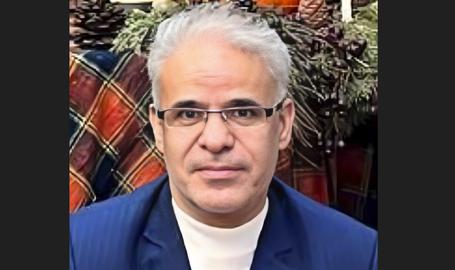
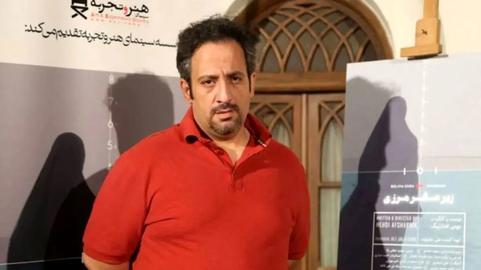

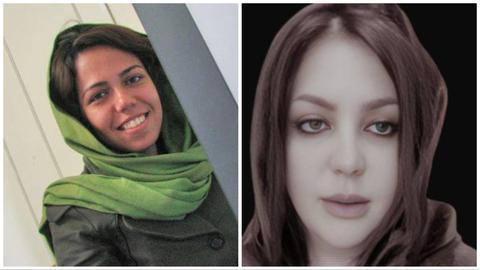
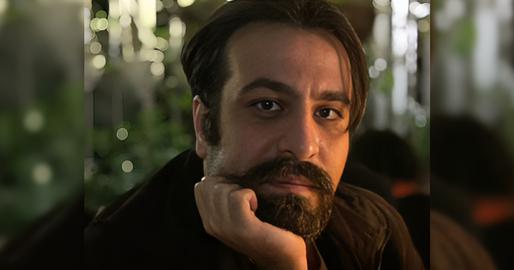


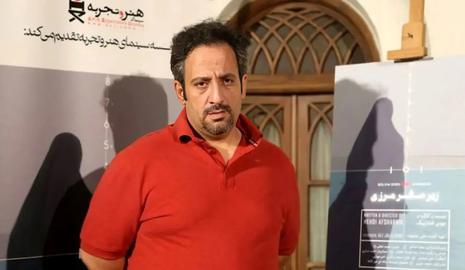
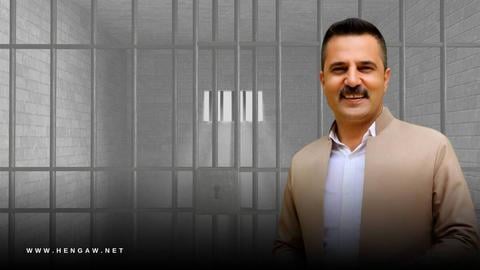
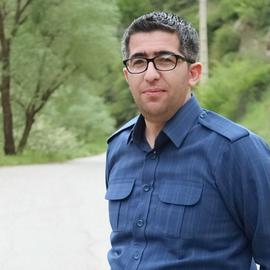


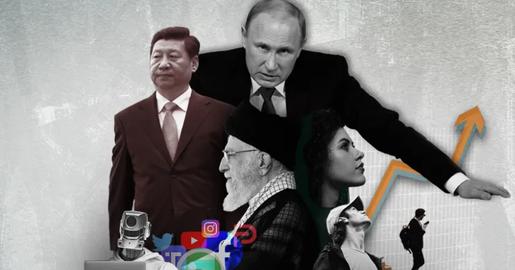
comments